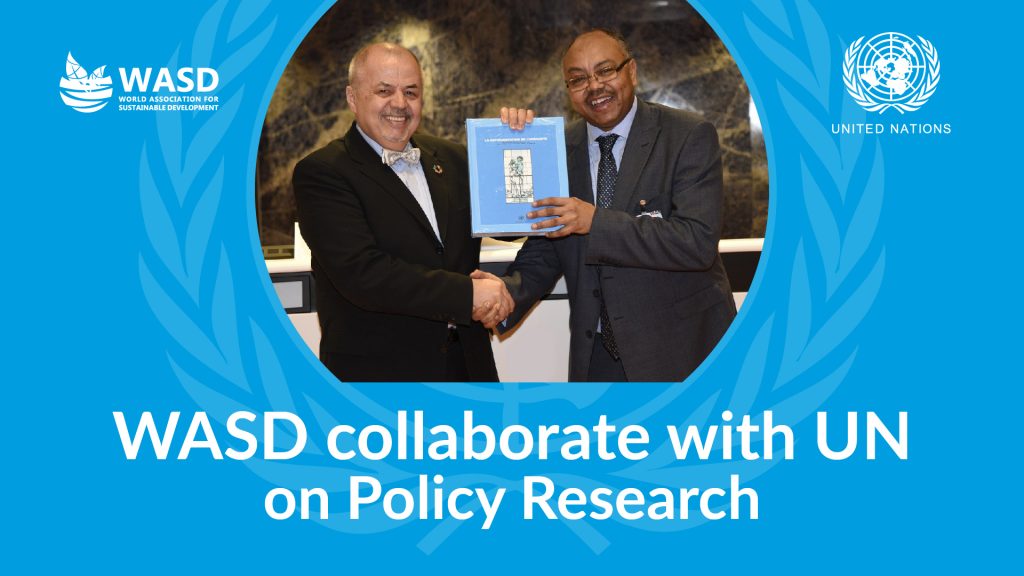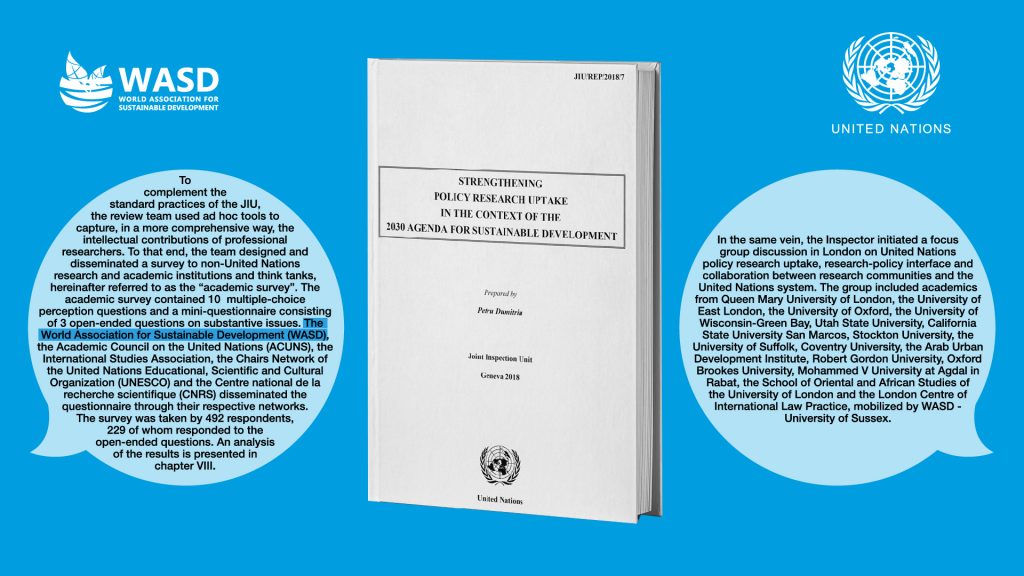- ABOUT
arrow_drop_down
- PUBLISHING
arrow_drop_down
- CONFERENCES
arrow_drop_down
- Overview
arrow_drop_down
- Past Speakers
- Host Requirements
- Sponsorship Opportunities
arrow_drop_down
- Search All
arrow_drop_down
- Search by Subject
arrow_drop_down
- Sustainability
- United Nations
- Diaspora
- Africa
arrow_drop_down
- MENA
- Policy
arrow_drop_down
- Climate Change
- Health
arrow_drop_down
- Education
arrow_drop_down
- Women
- Youth
- Leadership
- Business
arrow_drop_down
- Overview
- ACADEMY
arrow_drop_down
- Overview
- Training
arrow_drop_down
- Overview
- Search All
arrow_drop_down
- Forthcoming
- Past
- Search by Levels
arrow_drop_down
- Search By Subject
arrow_drop_down
- SUSTAINABILITY MASTERCLASS
arrow_drop_down
- PUBLIC POLICY
arrow_drop_down
- Public Policy
- Education
- Higher Education
- Health
arrow_drop_down
- Women
- Youth
- Security
- DIGITAL TRANSFORMATION
arrow_drop_down
- BUSINESS & MANAGEMENT
arrow_drop_down
- SUSTAINABILITY MASTERCLASS
- Workshops
- Teaching
arrow_drop_down
- Framework
- Universities
arrow_drop_down
- SDGs Universities
arrow_drop_down
- African Universities
arrow_drop_down
- Arab Universities
arrow_drop_down
- Sudan Universities
arrow_drop_down
- Islamic Universities
- Women Universities
- SDGs Universities
- Research
arrow_drop_down
- Consultancy
arrow_drop_down
- COMMUNITY
arrow_drop_down
- EXPERTS
arrow_drop_down
- Overview
- Global Who’sWho
arrow_drop_down
- Women Who’sWho
- Diaspora Who’sWho
- Arab Who’sWho
arrow_drop_down
- Africa Who’sWho
arrow_drop_down
- Sudan Who’sWho
arrow_drop_down
- Interactive Map
- Sudan Doctors
arrow_drop_down
- PARTNERSHIPS
arrow_drop_down
- NEWS
- RESOURCES
arrow_drop_down
- Digital Library
- Book Store
- World Organisations
arrow_drop_down
- Search All
arrow_drop_down
- IATA
- United Nations
- International
- Foundations
- Private Sector
arrow_drop_down
- Financial Institutions
arrow_drop_down
- Think Tanks
- Libraries
- NGOs
- Students
- Research
- Search All

WASD and various United Nations Organizations and agencies have been collaborating and engaging in various activities for very long time. These collaborations and engagements activities between WASD and the UN organizations and agencies represented in themselves a partnership at the global level, as required for the implementation of the 2030 Agenda. These links are very unique in view of their triangular conception (UN organizations, academia and private sector), with the participation of the UN Member States.
WASD is very grateful and highly appreciate all the generosity of the various UN organizations particularly the UN Joint Inspection Unit (JIU) for providing WASD with the unprecedented opportunity for its members and partners, from universities across the world, to engage into a highly informative and professional discussions on the 2030 Agenda and to hear directly from heads of United Nations organizations and international experts during the various events. WASD is also very grateful for JIU’s highly professional and dedicated staff for all their help and support during the various engagements and events. Moreover, the academic network of WASD appreciates the opportunities it has been given for the first time to express their views and thoughts about the role of policy research in the implementation of the 2030 Agenda.
Multi-stakeholder forums are occasionally convened by the UN, to discuss human rights, environmental or development matters with official delegates from Member States, but the academic world has rarely been engaged in such a close debate on issues of common interest in relation with sustainable development and the role of the private sector. All three parties (academic, private sector and United Nations officials) found useful and inspiring cross-fertilization of ideas and perspectives triggered by these various engagements activities including various conferences and roundtables.
The usefulness of such interaction between WASD and the United Nations system and the academic world in general is demonstrated by other thematic areas on which the academic interest coincided with the UN professional work. In 2017, WASD President participated in the UN Joint Inspection Unit (JIU) Conference on knowledge management and JIU was represented in the WASD Conference held in Manama. For the first time ever, a JIU Inspector and an academic co-authored a paper, which is published WASD Outlook 2018.
In addition to JIU, in 2008, WASD hosted, in collaboration of UNESCO, the inaugural meeting of WASD’s Diaspora International Initiative and since then there has been significant participation of Diaspora from all over the world during all the conferences. Moreover, in 2018, with participation from JIU, WASD collaborated with UNICEF UK in London as a continuation of the Diaspora initiative. Indeed, there is increased awareness within the United Nations system that Diaspora should not be seen only as contributors to the GDP of developing countries by way of their remittances, but also as bridge builders at global level.
In 2018, WASD collaborated with JIU on the UN project A.435 “Strengthening Policy Research in the Context of the 2030 Agenda for Sustainable Development” aimed at reviewing the policy research uptake in service of the 2030 Agenda for Sustainable Development. For the first time in its 52 years of history, WASD helped the UN to officially consult the academics and researchers from all over the world on the policy research uptake in the United Nations, full report here.
The report represents an unprecedented opportunity for academics and researchers from universities and research institutes to express their opinions in a systematic way on this subject. One aspect of the report is to improve the policy research within the United Nations system to help achieve the 2030 SDGs by addressing the significant demand for evidence-based research across the world. (WASD) is inspired by the conviction that the 2030 Agenda and its 17 goals provides momentum for a renewed UN engagement with the academic and research policy institutions and individuals.
In 2019, WASD helped JIU to undertake a UN systemwide review of policies, programmes and platforms to support learning and enhance the adequacy of training policies in the UN. Full report here which was launched officially on the 28th October 2020 during WASD 2020 Online Learning Conference.
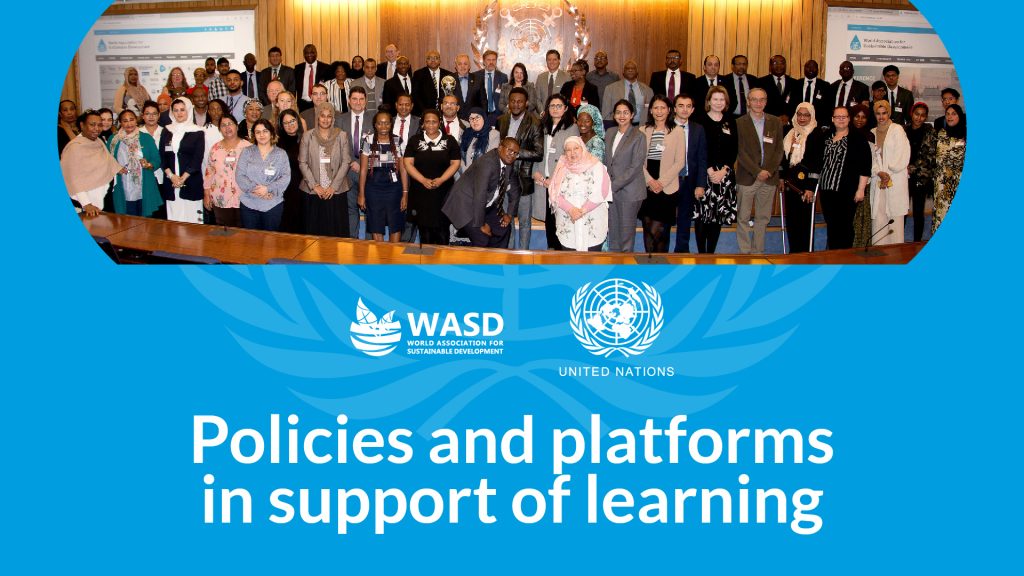
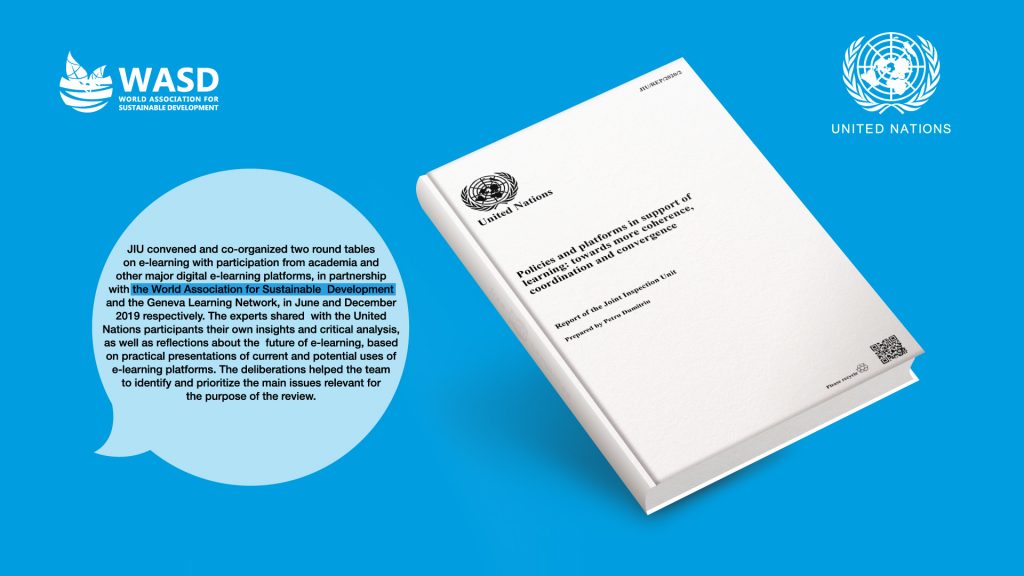
The report aims to continue on the various JIU’s recent engagements in the reviewing of various aspects of the production, the retention and the use of knowledge as a strategic asset in the United Nations system. JIU’s report focuses on “Policies, programmes, and platforms in support of learning: towards more coordination, coherence and convergence”. In the United Nations system, three categories of learning service providers are utilized: a) internal resources; b) United Nations system central providers, such as UNITAR and UNSSC; and c) external resources, e.g. learning and training programmes offered by universities. Therefore, this new review targets once again an area where inputs from universities are required. In collaboration with JIU, WASD organised a comprehensive roundtable on e-learning platforms including key British Universities that offer e-learning programmes in areas that are relevant to the activities and mandates of the United Nations organizations – in particular regarding the 2030 Agenda for Sustainable Development, on 17 June 2019.
